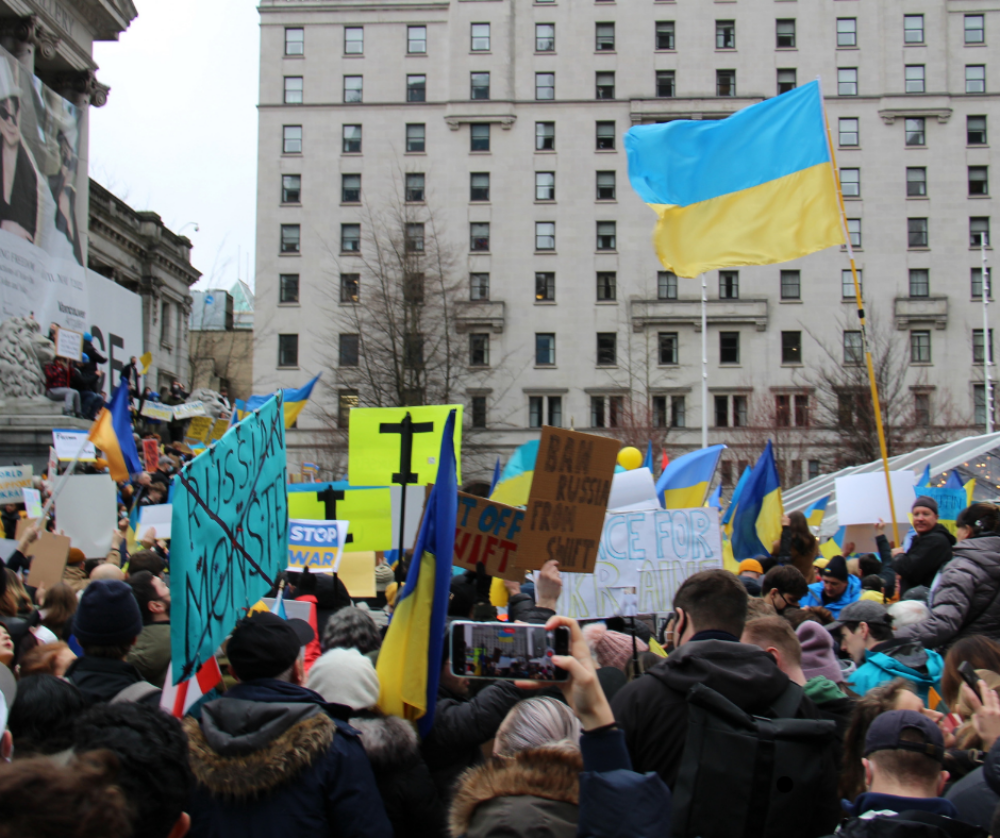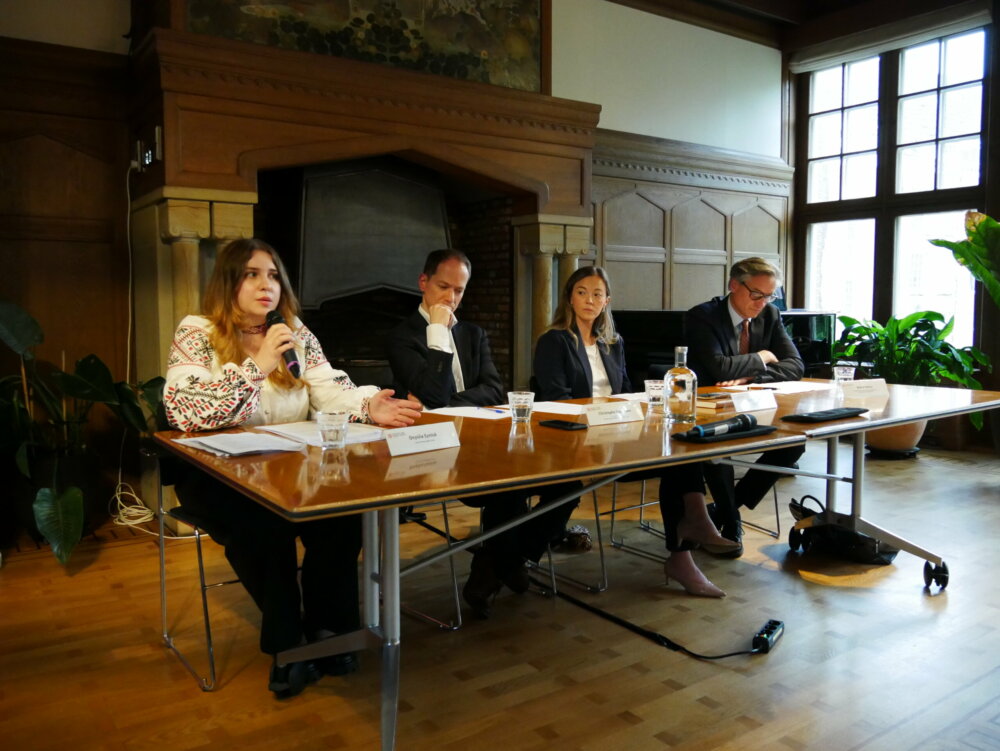Belarus: the ‘Moscow Mechanism’ proves the devastating human rights situation
The Presidential elections in Belarus in December last year seem to have become a turning point in the country’s history. It became the starting point for a harsh government campaign against the political opposition, worsened by an unprecedented economic crisis. In spite of the fact that the international community is deeply concerned about the developments in Belarus, the authorities do not seem to be impressed and continue with their crushing of any opposition that they perceive. It seems that the regime is becoming increasingly nervous.
In April this year this international concern resulted in a rather unprecedented measure in the OSCE, where 14 participating States triggered the almost forgotten “Moscow Mechanism” on the Human Dimension. The Moscow Mechanism was set up in 1991 in order to allow limited groups of OSCE states to establish missions of experts or rapporteurs in cases of serious violations of human rights in a particular country. It is one of the few possibilities within the OSCE where OSCE states can undertake steps without being blocked by the suffocating consensus principle. Although the mechanism has been largely forgotten, a number of NGOs successfully started a lobbying campaign among the delegations in Vienna to trigger the mechanism against Belarus. Officially, this should have resulted in the establishment of a fact-finding mission of three experts, whereby one expert is appointed by the 14 OSCE states, one by Belarus and both members should then appoint a third one. Minsk, however, refused to accept this step with the result that only one mission member had been appointed in the person of the French Law Professor Emmanuel Decaux. As the authorities in Belarus refused to provide him with a visa, he could only undertake his investigation outside the country. At the same time this demonstrated that the chances that the mechanism could contribute to an improvement of the situation were virtually absent.
According to his mandate Professor Decaux had “to examine concerns regarding the demonstration that took place there on 19 December as well as developments since then”. More in particular, he had “to investigate all matters relating to the arrest, detention, conviction and sentencing of several hundred protestors and many journalists; allegations of torture, other cruel, inhuman or degrading treatment or punishment, physical coercion and intimidation; and the apparent harassment of human rights activists, lawyers, opposition political parties, independent media and civil society organizations.”
In June Professor Decaux presented his report to the OSCE Permanent Council in Vienna (see: http://www.osce.org/node/78705). Drafted in sober terms, the report depicts an alarming situation concerning human rights and the rule of law in Belarus, based on information which the rapporteur received from many organizations. Decaux’s report has become a rich source of information about the sad political and legal situation in the country. The rapporteur offers a number of clear recommendations to improve the situation in the country. It does not require much imagination, though, to determine that the authorities in Minsk have strongly rejected the report of this fact-finding mission, supported by some other OSCE countries, such as the Russian Federation, which accuse the Western countries behind the Moscow Mechanism of “intervening in Belarus’ internal affairs”. Many hundreds of prisoners, which the report describes as political detainees, including former presidential candidates, continue to populate the regime’s prisons. As such, the triggering of the Moscow Mechanism turns out to be another futile protest against the worrisome developments in this country which is proud of seeing itself as being “in the heart of Europe”. Although the rapporteur mission did not produce any visible improvements, it remains one of the few political measures which the OSCE has available and it can only be welcomed that enough OSCE participating states found compelled to use it.
At the same time, one may wonder whether this type of action does not just demonstrate that the OSCE is toothless. In 2003 a number of OSCE states triggered the mechanism against Turkmenistan with a similar result: Ashgabat refused to cooperate and the (same) lonely rapporteur could only produce a report with findings he had made outside the country. No visible improvements could be observed. When the Moscow Mechanism was agreed upon about 20 years ago the assumption was that the country concerned would cooperate, at least to some extent. If a country refuses to cooperate (such as in the cases of Turkmenistan and Belarus) one can say in advance that it is highly unlikely that the findings of the rapporteur mission will have a positive impact upon the country concerned. In such cases the triggering of the mechanism is not much more than a political protest, aimed at putting political pressure upon a country, which is somewhat different from the original philosophy of cooperative security. One may say that times are changing and that the Moscow Mechanism has to adapt as well, but this might require some more rethinking about the functioning of such mechanisms.
The EU and USA have imposed sanctions on the Belarusian leaders, including a travelling ban. And all this at a time when the country is going through its worst economic crisis for many years and is desperately in need of economic support.



Comments
* Your email address will not be published